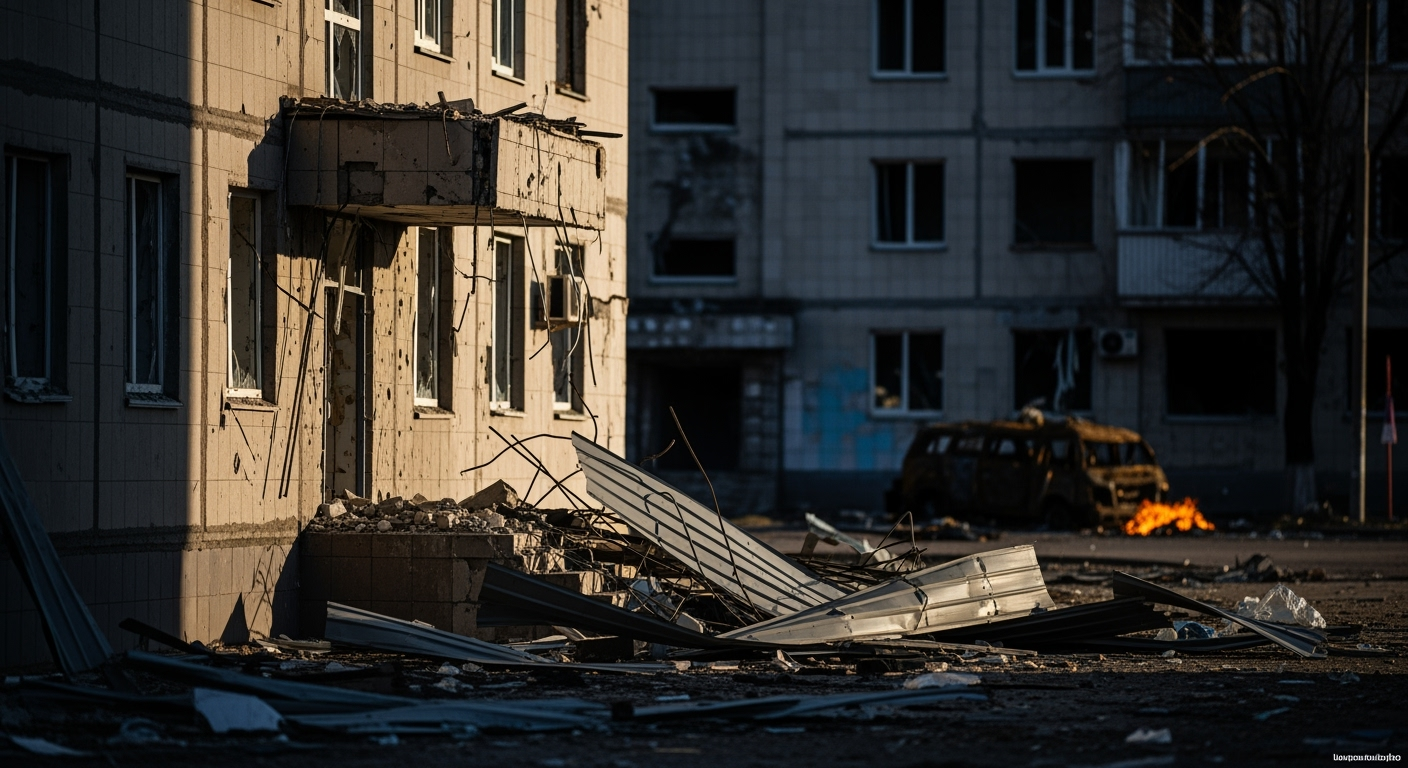Related Articles

Fragile Truce on the Brink: Afghanistan and Pakistan Seek Lasting Peace in High-Stakes Security Talks




BERLIN – German Chancellor Friedrich Merz has ignited a firestorm of controversy and triggered widespread protests across the nation following recent remarks on migration, which critics denounce as divisive and echoing the rhetoric of the far-right. Thousands have taken to the streets in major cities, demanding accountability and an apology from the conservative leader, whose statements have sharply polarized the ongoing debate about immigration and integration in Germany.
The controversy stems from comments made by Chancellor Merz, who also leads the conservative Christian Democratic Union (CDU), in mid-October. Speaking on the rise of the far-right Alternative for Germany (AfD) party at an event in Potsdam, Merz asserted that his government was actively correcting past migration policy failures and making progress. However, he added, "we still have this problem in the cityscape, and that's why our interior minister is now working on plans for enabling and carrying out deportations on a larger scale". These remarks were widely interpreted as linking migrants to urban problems and crime, drawing immediate and fierce condemnation.
The situation intensified when Merz, pressed by reporters on October 21, doubled down on his position. He urged, "Ask your children, ask your daughters, ask your friends and acquaintances. Everyone confirms that this is a problem, at least after dark". This "daughters" comment, seen by many as employing a trope used by the far-right to portray migrants as a threat to German women, further fueled accusations of racist and discriminatory rhetoric. Merz's stance reflected his broader approach since becoming CDU leader, where he pledged to tackle the AfD's rise by addressing voters' concerns about migration with a tougher line than previous administrations. His government has highlighted its success in reportedly reducing irregular migration by 60% since May, but the recent comments have shifted the focus from policy to rhetoric.
The Chancellor's remarks swiftly galvanized public outrage, leading to "mass protests" across Germany. Berlin became a focal point, with thousands converging outside the CDU party headquarters. On Sunday, approximately 5,000 people demonstrated, and by Tuesday evening, over 7,500 protesters, predominantly young women, gathered to express their anger.
The demonstrations were significantly boosted by the "We are the daughters" petition, initiated by activist Cesy Leonard, which garnered over 120,000 signatures within 24 hours. The petition declared, "We are the daughters and we won't let ourselves be instrumentalized by your racism, Mr. Merz! You don't speak for us". Climate activist Luisa Neubauer, a prominent voice at the Berlin rally, condemned Merz's statements as "unacceptable, discriminatory, and comprehensively racist". Protesters carried signs proclaiming "Racism is a problem in the cityscape" and "Daughters for a colorful cityscape," while chanting slogans such as "We, we, we are the cityscape". Organizers anticipated that protests would continue through the weekend of October 25-26 in major cities including Hamburg, Nuremberg, and Karlsruhe.
Merz's comments triggered a wave of criticism not only from the opposition but also from within his own governing coalition and even his party. Social Democratic Party (SPD) Secretary General Tim Klussendorf publicly rebuked Merz, accusing him of using divisive rhetoric that undermines public trust and stigmatizes entire communities. Klussendorf emphasized that a person in one of Germany's highest offices should uphold a higher standard of language. Natalie Pawlik, the government's Integration Commissioner and an SPD politician, warned that such statements deepen societal divisions and ultimately benefit the far-right AfD.
Opposition parties, including the Greens and the Left Party, were quick to condemn Merz, stating that his comments cast all migrants under suspicion and resembled the rhetoric of the anti-immigrant AfD. Even within the CDU, some members voiced concern. Dennis Radtke, a senior CDU member and MEP, criticized Merz's rhetoric as unsuitable for a chancellor, stressing his responsibility for social cohesion. Berlin's CDU Mayor Kai Wegner cautioned against linking migration to urban problems, asserting that Berlin's diversity "will always be reflected in the cityscape".
This recent episode highlights a recurring tension. Earlier in January 2025, Merz's CDU/CSU faced backlash after a migration proposal passed in parliament with the support of the AfD, marking a significant break from the long-standing tradition of mainstream parties avoiding cooperation with the far-right. Former Chancellor Angela Merkel was among those who criticized this move, calling it a "historic breach of taboo".
In response to the mounting pressure, Merz initially maintained an unapologetic stance. On October 20, he declared at a press conference in Berlin that he had "said nothing that needs to be taken back" and reiterated his belief that irregular migrants posed a "problem in the cityscape". He vowed to accelerate stricter security measures and deportations.
However, as criticism mounted, Merz attempted to clarify his position. On October 23, while attending the Western Balkans Summit in London, he stated that his earlier criticism targeted "illegal foreigners who don't follow the rules," not "migrants who work and contribute to the country". He praised migrants for their contributions, particularly in the labor market, and emphasized Germany's continued need for immigration. Merz explained that the "problems" he referred to were caused by those without permanent residence status, who do not work, and do not abide by German rules, affecting public spaces such as train stations, subways, and parks.
Public opinion on Merz's original remarks appears mixed. A survey commissioned by public broadcaster ZDF indicated that 63% of respondents agreed with the chancellor's statements, while 29% disagreed. Yet, the same survey found that only 18% believed refugees caused issues in their neighborhood, with 74% reporting no significant problems. Separately, an INSA poll for Bild newspaper revealed that 43% of respondents felt the urban landscape of their hometowns had worsened since 2015, and 39% felt less safe than 10 years ago, particularly in areas like railway stations and parks. These figures suggest a complex public sentiment, where general concerns about migration may not always translate into direct, personal experiences of negative impact.
The protests and political backlash against Chancellor Merz's migration comments underscore the deep divisions within German society regarding immigration policy and rhetoric. His decision to employ language that critics say mirrors that of the far-right AfD, while aiming to win back voters, risks normalizing extremist narratives and further polarizing the national discourse.
The controversy has strained the governing coalition and highlighted the challenge Merz faces in navigating the complex political landscape. As Germany continues to grapple with integrating new populations and addressing security concerns, the debate over who belongs and how migration is discussed remains a defining feature of its contemporary politics. The events of October 2025 serve as a stark reminder of the delicate balance required in political communication, particularly on sensitive issues that touch upon identity, security, and social cohesion.